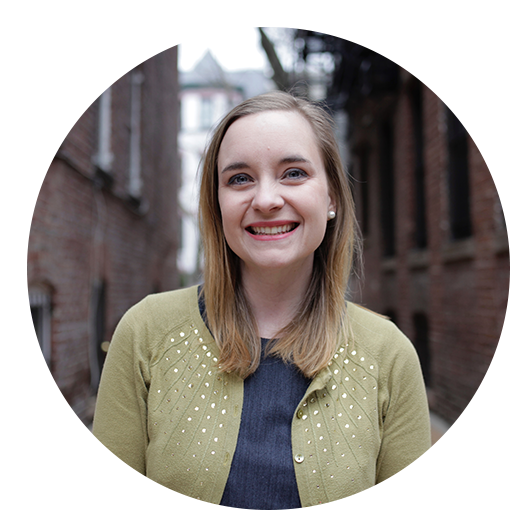It’s a common refrain spoken in all aspects of life but especially in sports: “If you’re tired, learn to rest, not quit.” So, why wasn’t tennis pro Naomi Osaka allowed to rest?
In case you haven’t been following, Osaka recently sparked a heated national conversation after announcing that she would not participate in any press conferences during the French Open, citing the need to preserve her mental health in light of her struggles with depression and anxiety.
She was fined, and she conceded to pay it rather than face the media. Yet, the uproar and fuss over her decision did not die down. Rather, it grew. And so, Osaka very quickly made another announcement: she would no longer participate in the French Open, having never intended to become a “distraction.”
The commentaries and takes on the athlete’s behavior are numerous but all miss one key point: most of us feel like Naomi Osaka. In fact, 67% of us do. In a recent nationwide Active Minds poll of young adults, parents, employees, and employers, 67% said that post-COVID, they are most hoping to continue to “do life at their own pace.”
What does “life at our own pace” mean? Most said they want to see continued increased value/priority placed on mental health by society, ability to work or study from home, ability to schedule virtual visits with doctors or therapists, opportunities to be vulnerable with others, and less pressure to socialize in-person. For others, it could be the freedom to take a mental health day or even a leave of absence.
These types of proactive mental health strategies are becoming even more crucial, especially considering that half of young adults have screened positive for depression or anxiety during the pandemic. In Osaka’s case, she shared that public speaking with the media triggers her anxiety. Through our poll, others have shared they feel anxious about returning to work or school in-person or worry about the health of friends or family, new or resurgent social anxiety, their finances, or any number of other troubles.
Every one of us either struggles with a mental health issue or knows someone who does. Still, our culture is not yet one that fully supports vulnerability, self-preserving boundaries, or calls for help.
Unfortunately, in tennis as is true in life, the rules are also not the same for women, particularly women of color. Osaka has herself been subjected to racism in the media and has grown up watching her idols like Serena Williams be attacked over their experiences with mental health.
So far, responses to her announcement have been less than encouraging: “It’s really sad for the sport.” “Press conferences are owed to the media – without them, there would be no sport.” “Pressure is a privilege.” But, we have an opportunity — especially now, at a time when most of us have had the shared experience of struggling with our mental health to at least some degree during a global pandemic — to shift the narrative in our own communities.
What would it look like to meet someone’s request or boundary at work, at home, or in our communities with validation instead of judgement? Appreciation for someone’s courage in choosing to be vulnerable instead of making them feel like they have to quit to preserve their wellbeing? Trust in their self-knowledge and instincts rather than demanding they fit into a box we can better understand?
The time to do so is now. Mental health issues are rising. How will we respond?




